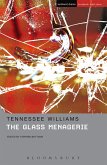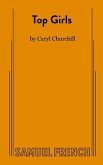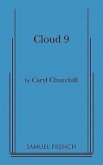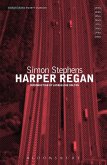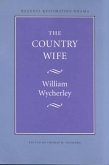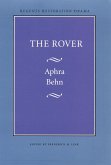Canadians, or more properly British North Americans from both Upper and Lower Canada, have been interacting with Shakespeare since no less than the 1760s in a tradition that is at once rich and robust, indigenous and international. The Canadian Adaptations of Shakespeare project at the University of Guelph has created a multimedia database of hundreds of adaptations, developed from Guelph's world-class theatre archives and a host of independent sources that reflect on a long tradition - from pre-Confederation times and heading vibrantly into the future - of playing Shakespeare in Canada.
Hinweis: Dieser Artikel kann nur an eine deutsche Lieferadresse ausgeliefert werden.
Hinweis: Dieser Artikel kann nur an eine deutsche Lieferadresse ausgeliefert werden.


